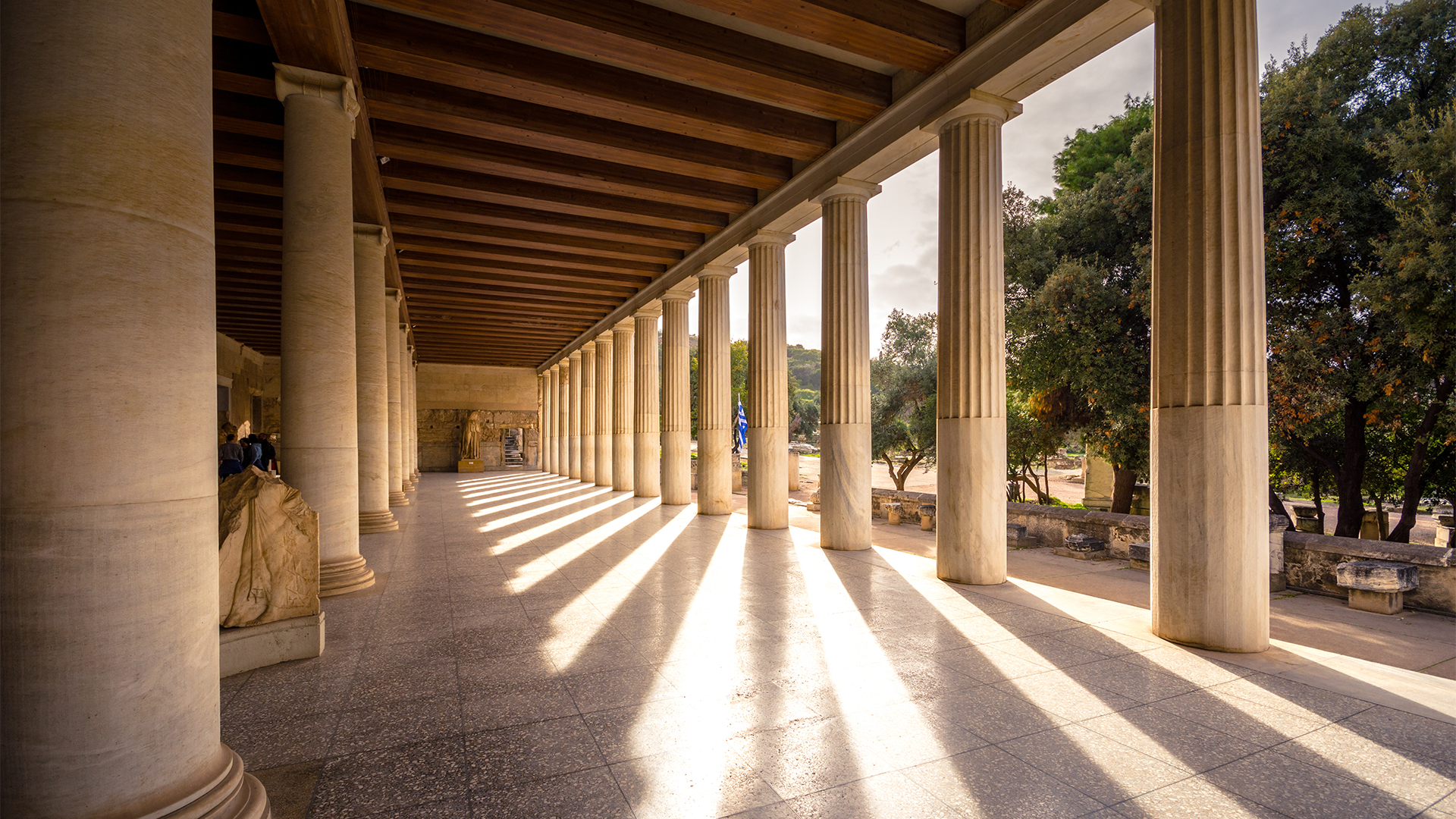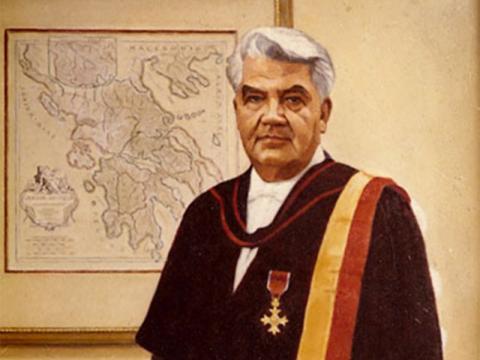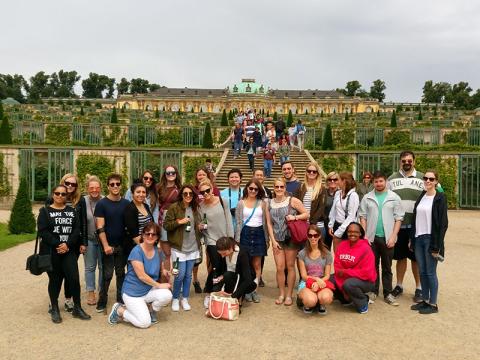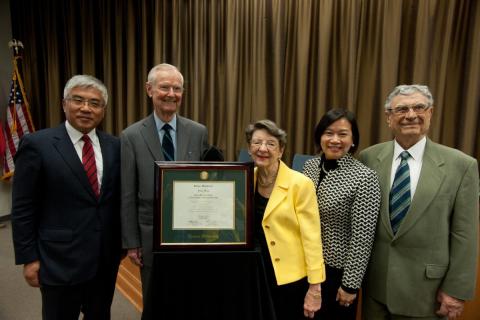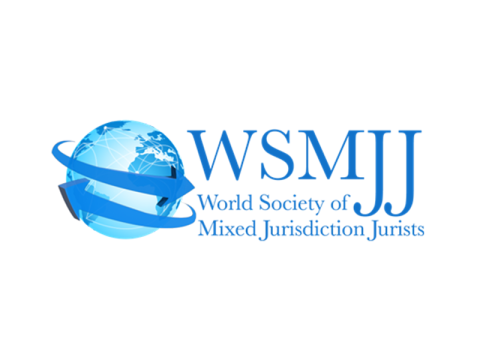Comparative law at Tulane has a long tradition, of which the Eason Weinmann Center is an important part. Created with the help of a generous gift from The Honorable John Giffen and Virginia Eason Weinmann in 1981, it is today a leading think tank and an academic hub for both American and foreign scholars with an interest in expanding the international conversation about law.
Located between the common and civil law worlds, and with manifold connections to Europe, South America and Africa, the Center is in an ideal position to build bridges between different legal cultures.
The Center serves as a platform for Tulane's achievements in foreign and comparative scholarship, and aims to make comparative thinking a natural part of the daily classroom experience. In an effort to be practical as well as transcendent, the Center also provides legal advice for legislators, courts, NGOs, and commercial enterprises operating in an increasingly interdependent world.
The Stoa of Attalos
The image above shows the Stoa of Attalos, a gift from Attalos II, King of Pergamon, to the city of Athens in 150 BC. The building symbolizes much of what the Center seeks to provide today. Built as a sheltered walkway and part of the city's ancient marketplace, the Stoa was a commercial space with shops and businesses, and served as a meeting point for citizens and foreigners alike. It was also a natural setting for the discussion and exchange of ideas, and was often used as a classroom by philosophers or a court of law for the settlement of important legal disputes.
The Stoa of Attalos was reconstructed with the financial support of the Rockefeller Foundation, which also helped establish the Tulane Institute of Comparative Law, a forerunner of the Eason Weinmann Center. The Stoa provided the backdrop for the official signing of the European Union's 2003 Treaty of Accession.
